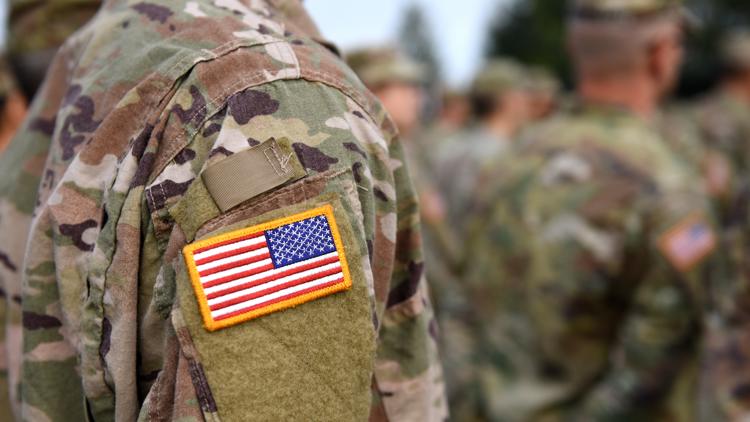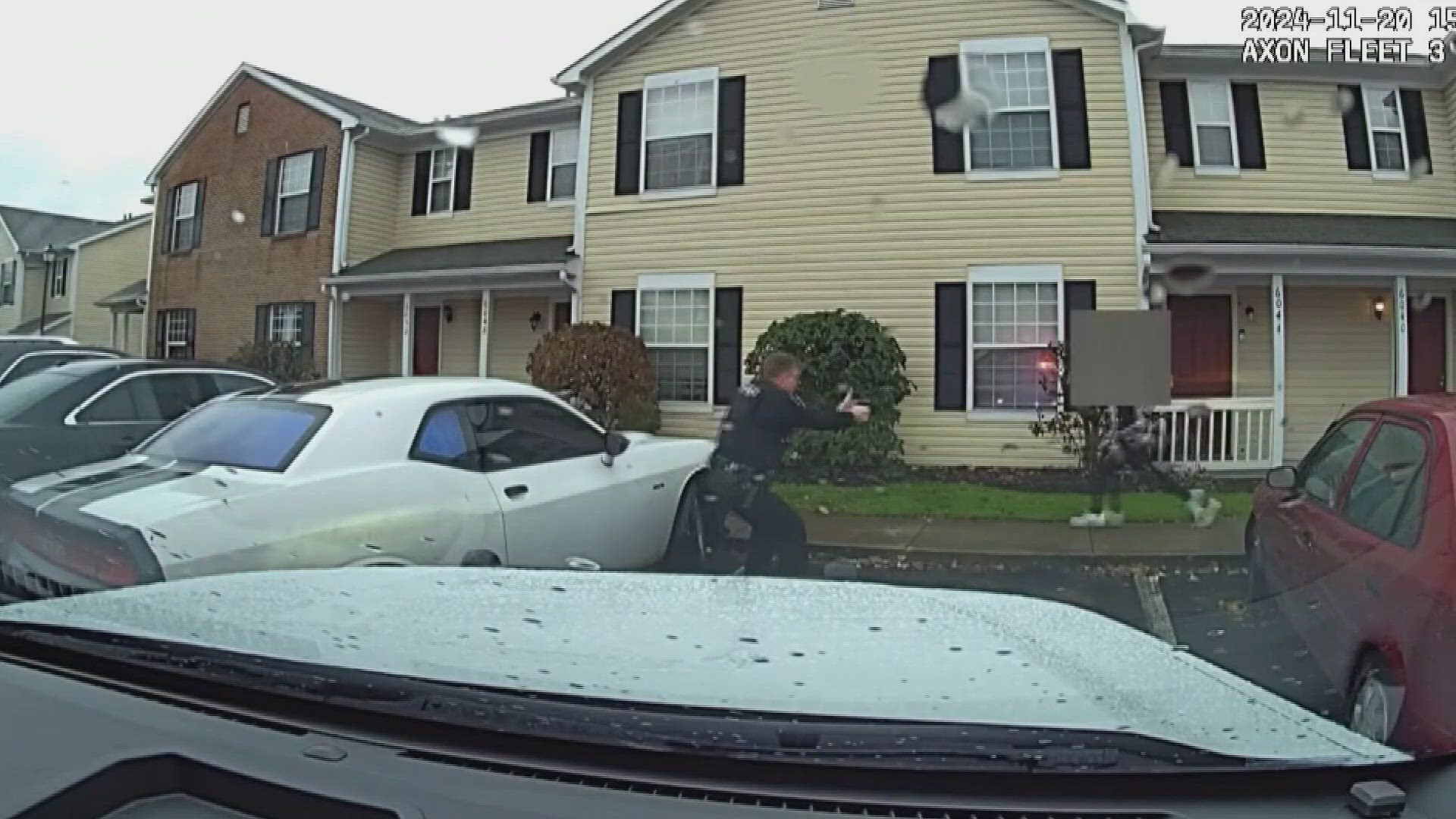WASHINGTON — The Pentagon announced Tuesday that more than 800 military personnel have seen their service records upgraded to honorable discharges after previously being kicked out of the military under its former “don’t ask, don’t tell” policy.
It is the latest development over the decades to undo past discrimination against LGBTQ service members.
The 1951 Uniform Code of Military Justice's Article 125 had criminalized consensual gay sex. In 1993, former President Bill Clinton modified the military's policy to “don’t ask, don’t tell,” which allowed LGBTQ troops to serve in the armed forces if they didn’t disclose their sexual orientation.
That policy was repealed in 2011, when Congress allowed for their open service in the military. The 1951 UCMJ code was modified in 2013 to be limited to nonconsensual gay sex.
President Joe Biden in June announced he was issuing pardons to service members convicted under repealed military policies.
Under “don't ask, don't tell,” thousands of service members still saw their military service ended without an honorable discharge, meaning they did not receive the military benefits they would have otherwise, such as education benefits, and it also could have affected their ability to apply for jobs or loans.
Last year, Defense Secretary Lloyd Austin ordered a review of cases of former service members who might have been affected by the policy.
The Pentagon estimates about 13,500 service members in total were released from military service under “don't ask, don't tell.” With the review and upgrades of the more than 800 troops announced Tuesday, the Pentagon said that about 96% of the 13,500 personnel affected by the policy now have received an honorable discharge.
Not every case of the 13,500 needed review — some of those personnel either did not serve long enough to qualify for benefits, they were released with an honorable discharge at the time, they already had their discharges upgraded through other means, or they did not qualify for an upgrade due to other violations.
“We will continue to honor the service and the sacrifice of all our troops — including the brave Americans who raised their hands to serve but were turned away because of whom they love. We will continue to strive to do right by every American patriot who has honorably served their country,” Austin said in a statement.



